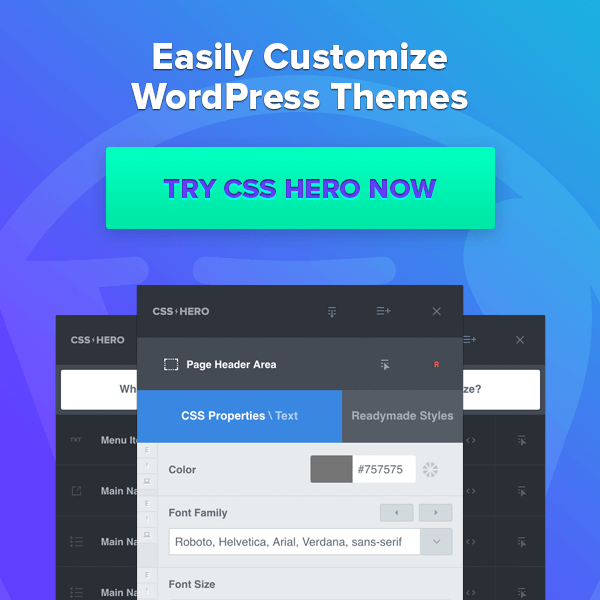Paid Search Engine Marketing
Best Practices
Keywords
Your keyword choices depend on who your target audience is and which words you think can be used to search for your product or service. Think outside the box – instead of relying on traditional words, give yourself a competitive edge. Take advantage of tools like Google Keyword Planner to find the best words to match what you have to offer.
Bidding
Use an AdWords tool to automatically place bids. This way you can control the cost per click by setting a daily maximum spending limit. If you set it manually, you will have even better control over traffic flow to your website. Set a higher bidding budget to allow you to target customers more likely to convert.
Competitor Monitoring
Check out the competition to see what keyword choices are used. It may make the difference in your competitor’s ranking on the Search Engine Results Page (SERP). Using a digital expert like Keyword Spy can be effective when it comes to monitoring the impact other campaigns may have on your business.
Landing Pages
Be sure to have landing pages that are not only focused but relevant. If visitors are looking for specific items, make sure they land on that item page and not on your home page! Also, be sure to maintain engaging copy as well as call-to-action buttons that are clear and easy to understand if there is a need to contact your business.
Campaign Management
Review your campaign on a regular basis. You can do this by using Google’s guide to conversion marketing. Increase the number of clicks via updated keyword adjustments. Delete words that are under performing; replace them with small ad groups that are more specifically targeted.
Denese is a lover of knowledge and puts her research skills and creative eye to good use with her infographics. When she’s not researching and designing visuals to present data, she spends time volunteering in her other passion–health education.





